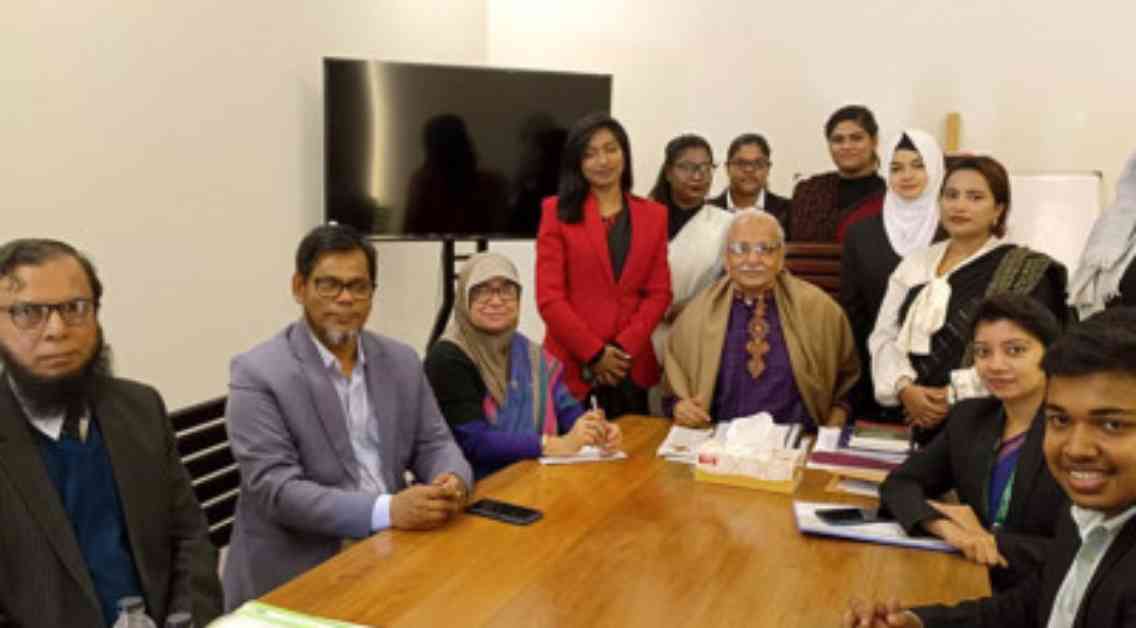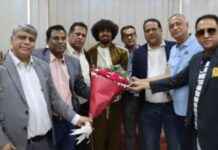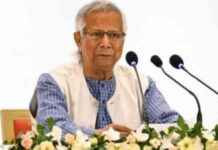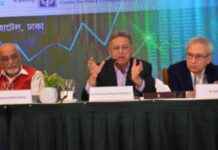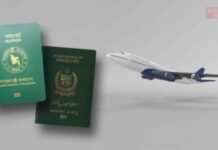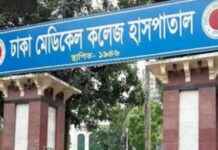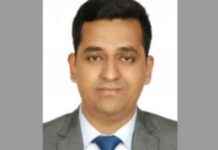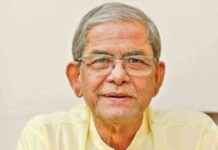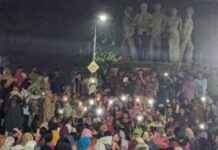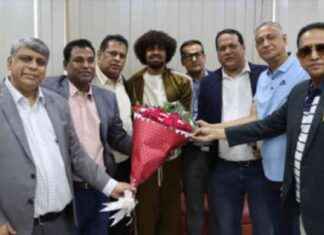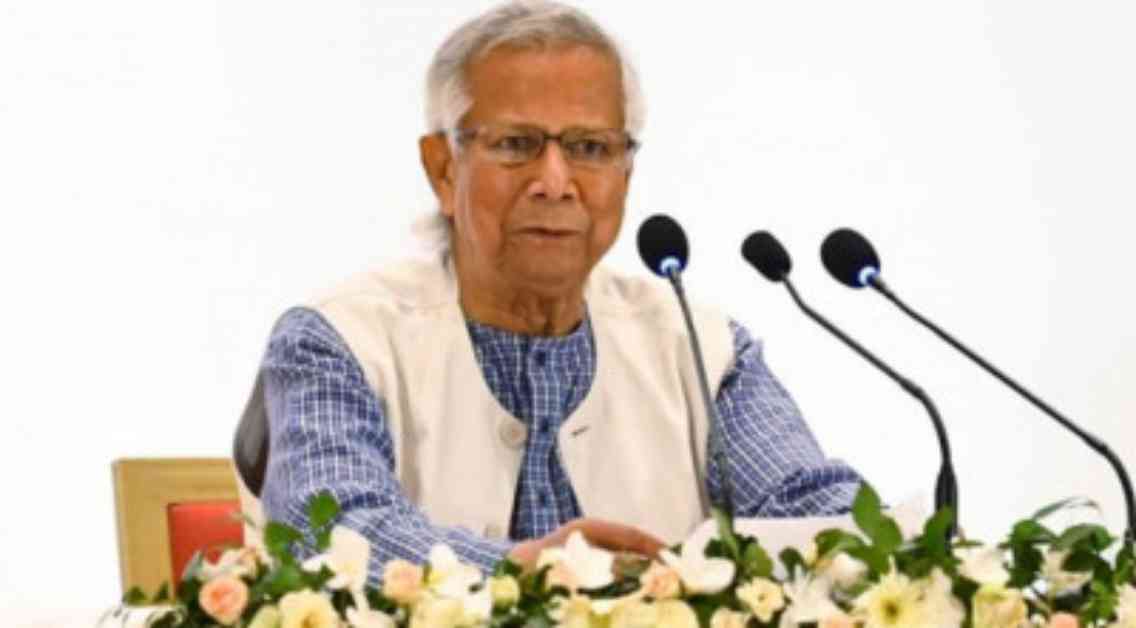Federal Government Structure and Political Party Democracy Advocacy in Bangladesh – A Critical Analysis
At a recent meeting held at the Atish Deepankar University of Science and Technology, the Law Department presented specific recommendations to the Election Commission regarding the use of black money in political party democracy, trade, and elections. Additionally, they proposed measures to lift barriers to dual citizens participating in parliamentary elections and to address the inequality faced by expatriates.
The university developed these proposals through several workshops and seminars conducted by internal and external experts. This critical analysis sheds light on the potential impact of these suggestions on the democratic process in Bangladesh.
Key Recommendations Presented to the Election Commission
During a session at the National Parliament building on Tuesday morning, the Law Department of the Atish Deepankar University submitted proposals for electoral reforms and a review of the election system. Notable personalities present included Professor Dr. M. Jahangir Alam, Vice-Chancellor of the university, Chairman of the Law Department A. M. Said, Professor Sifat Hossain, Professor Mehenaz Binat-e-Amin, and law students.
The discussion primarily focused on the proposals related to electoral reform presented in the first part of the meeting, which took place in the chamber of the Election Commission. Dr. Badrul Alam Majumdar, Chairman of the Election Commission, led a detailed discussion on electoral reform issues.
Expert Insights and Public Opinion
Prof. Dr. M. Jahangir Alam emphasized the importance of public opinion and feedback in shaping electoral reforms, highlighting the need for a democratic electoral process that reflects the desires and aspirations of the people. Additionally, topics such as minimum educational qualifications for candidates, dual citizenship, expatriate voting rights, and internal democracy within political parties were discussed.
Transition from Unitary to Federal Government Structure
The second part of the meeting addressed proposals to transition from a unitary government to a federal government system, empowering local governments and ensuring ultimate sovereignty of the people. The Law Department has submitted multiple proposals to the Election Commission to achieve these objectives.
The discussion on dual citizenship highlighted the necessity of revising the clause regarding the disqualification of parliamentary candidates with dual citizenship. This change aims to ensure the participation of expatriates and dual citizens in the electoral process.
In conclusion, the critical analysis and recommendations put forth by the Atish Deepankar University Law Department signal a significant step towards enhancing democracy and political processes in Bangladesh. The move towards a federal government structure and the inclusive approach to electoral reforms reflect a commitment to upholding the principles of democracy and representation.
Bangla News Twentyfour.com © All Rights Reserved
